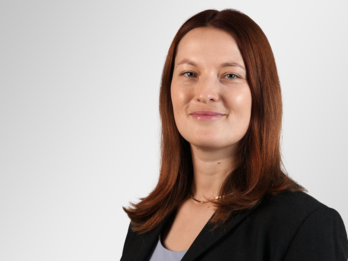News
Future-Proof Electronic Signatures en Route to Internet-Standard
An internet-draft of the hash-based signature scheme XMSS developed by the research group of EC SPRIDE-board member Johannes Buchmann is now available
Electronic signatures are essential building blocks of most IT
security solutions. They allow the authentication of communication
partners on the Internet, for example in E-commerce and E-banking
solutions.

They allow secure software downloads, for example APPs for smartphones or upddates of operating systems, application programs, and anti-virus software. In practice mainly RSA and in some cases elliptic curve cryptgraphy (ECC) are used. The security of these two approaches is based on the difficulty of two number theoretic problems: factoring integers and computing discrete logarithms in the point group over finite fields. It is unclear whether both problems remain difficult in the long term. For example, quantum computers can solve these problems in polynomial time. Therefore, the exploration of alternative methods is of great importance. The research group of Prof. Dr. Johannes Buchmann has succeeded in constructing a very promising alternative, the Extended Merkle Signature Scheme XMSS. It is based on the scheme that Ralph Merkle invented at the end of the seventies. XMSS has two important properties. First, the method has minimal security requirements. This means that provably any secure "target collision resistant" hash function yields a secure instantiation of XMSS. Since signature schemes use such hash functions, it follows that there is a secure instance of XMSS as long as there exists any secure signature scheme. Second, the performance of XMSS is comparable with RSA and ECC. This discovery has lead to a internet draft:
The IETF Internet-Draft on hash-based signatures was officially accepted by the Crypto Forum Research Group (CFRG) as a work item. It is a collaboration with TU Eindhoven, genoa and Verisign. genoa and TU Darmstadt are project partners in the project "Quantum Computer-resistant signature process for practice", aka squareUP.
Information to squareUP

